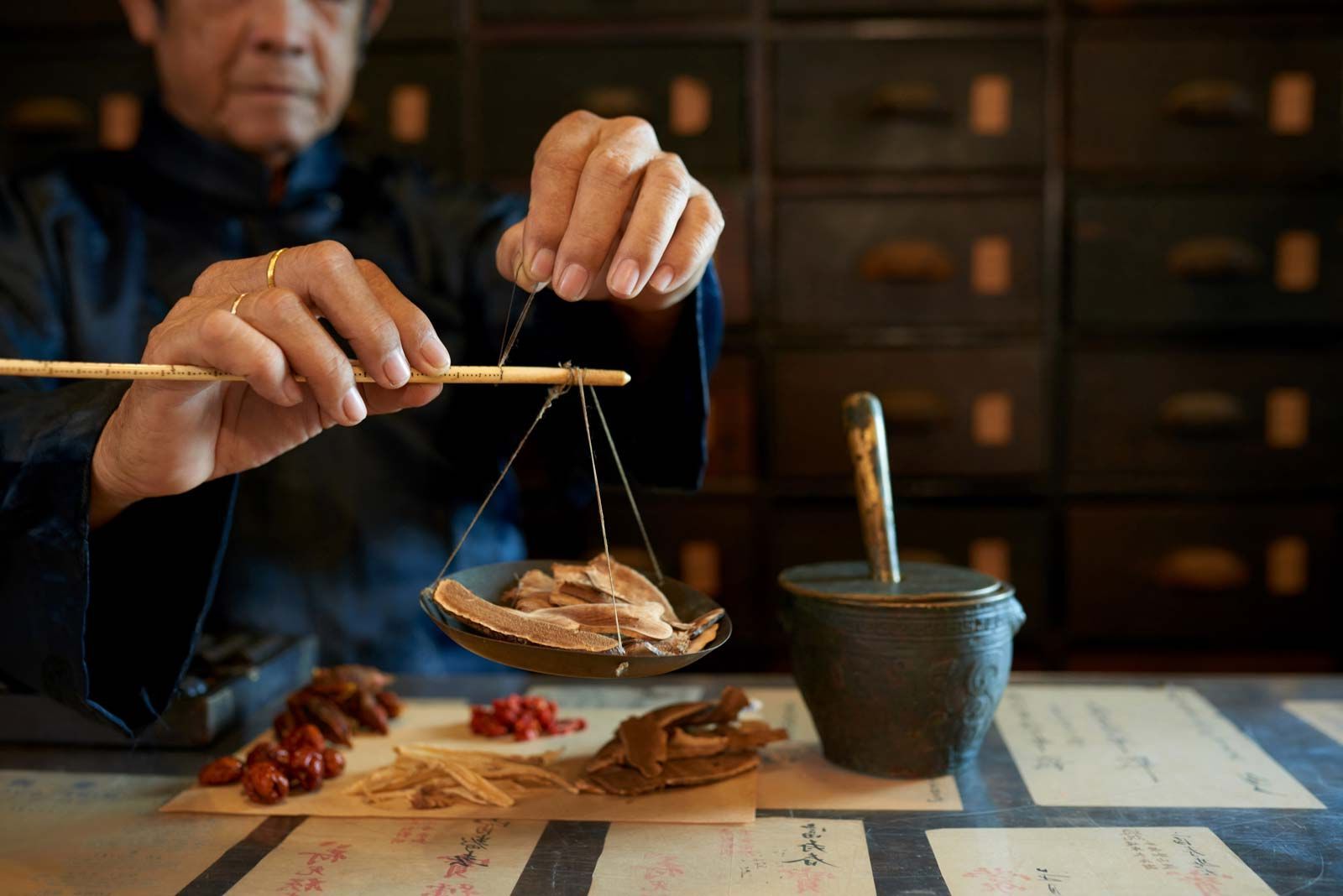
What makes Chinese Medicine so unique? Chinese Medicine, with its roots stretching back over 2,000 years, offers a holistic approach to health. Unlike Western medicine, which often focuses on treating symptoms, Chinese Medicine aims to balance the body's energy, or "Qi." Techniques like acupuncture, herbal remedies, and Tai Chi are used to restore harmony within the body. Chinese Medicine also emphasizes the importance of diet, lifestyle, and emotional well-being. This ancient practice believes that the body, mind, and spirit are interconnected, making it a comprehensive system for maintaining health. Curious about how these methods work? Let's dive into 25 fascinating facts about Chinese Medicine!
Origins of Chinese Medicine
Chinese medicine has a rich history spanning thousands of years. Its roots are deeply embedded in Chinese culture and philosophy.
-
Ancient Beginnings: Chinese medicine dates back over 2,500 years, originating during the Shang Dynasty (1600-1046 BCE).
-
Philosophical Foundations: It is based on Taoist principles, emphasizing balance and harmony within the body.
-
Yin and Yang: Central to Chinese medicine is the concept of Yin and Yang, representing opposite forces that must be balanced for health.
-
Five Elements Theory: This theory links the body's organs to five elements: wood, fire, earth, metal, and water.
Key Practices in Chinese Medicine
Several practices form the backbone of Chinese medicine, each with unique methods and benefits.
-
Acupuncture: Involves inserting thin needles into specific points on the body to balance energy flow.
-
Herbal Medicine: Uses a variety of plants, minerals, and animal products to treat ailments.
-
Cupping Therapy: Involves placing heated cups on the skin to create suction, believed to improve blood flow and reduce pain.
-
Moxibustion: Burns mugwort, a small, spongy herb, near the skin to warm and invigorate the flow of Qi.
-
Tui Na: A form of therapeutic massage that manipulates the body's energy flow.
Diagnostic Techniques
Chinese medicine employs unique diagnostic techniques to understand and treat health issues.
-
Pulse Diagnosis: Practitioners feel the pulse at three different positions on each wrist to assess health.
-
Tongue Diagnosis: The tongue's color, shape, and coating provide clues about a person's health.
-
Observation: Practitioners observe the patient's complexion, demeanor, and body movements.
-
Listening and Smelling: Sounds of the voice and body odors can indicate health problems.
-
Inquiry: Detailed questioning about symptoms, lifestyle, and emotional state helps form a diagnosis.
Benefits of Chinese Medicine
Chinese medicine offers numerous health benefits, often complementing Western medical practices.
-
Holistic Approach: Treats the whole person, not just symptoms, aiming for overall balance and wellness.
-
Chronic Conditions: Effective in managing chronic conditions like arthritis, migraines, and digestive issues.
-
Stress Reduction: Techniques like acupuncture and Tai Chi help reduce stress and promote relaxation.
-
Boosts Immunity: Herbal remedies and practices strengthen the immune system.
-
Pain Relief: Acupuncture and other methods provide natural pain relief without medication.
Modern Integration
Chinese medicine continues to evolve, integrating with modern medical practices.
-
Research and Studies: Increasing scientific research supports the effectiveness of Chinese medicine.
-
Global Popularity: Practices like acupuncture and herbal medicine are widely used around the world.
-
Complementary Therapy: Often used alongside Western medicine to enhance treatment outcomes.
-
Regulation and Standards: Many countries have established regulations to ensure the safety and efficacy of Chinese medicine practices.
-
Education and Training: Numerous institutions offer training programs in Chinese medicine, ensuring practitioners are well-educated.
-
Technological Advances: Modern technology aids in the precise application and study of traditional practices.
Final Thoughts on Chinese Medicine
Chinese medicine offers a rich history and unique approach to health. From acupuncture to herbal remedies, it’s clear that this ancient practice has much to offer. Many people find relief through traditional Chinese medicine (TCM) methods, which focus on balance and harmony within the body. While Western medicine often targets symptoms, TCM aims to address the root cause of ailments. This holistic approach can complement modern treatments, providing a more comprehensive path to wellness. Whether you’re curious about acupressure, Qi Gong, or Chinese herbs, exploring these practices can open new doors to health and well-being. Remember, always consult with a healthcare professional before starting any new treatment. Chinese medicine’s enduring popularity speaks volumes about its effectiveness and potential benefits. Give it a try, and you might discover a new way to enhance your health.
Was this page helpful?
Our commitment to delivering trustworthy and engaging content is at the heart of what we do. Each fact on our site is contributed by real users like you, bringing a wealth of diverse insights and information. To ensure the highest standards of accuracy and reliability, our dedicated editors meticulously review each submission. This process guarantees that the facts we share are not only fascinating but also credible. Trust in our commitment to quality and authenticity as you explore and learn with us.


